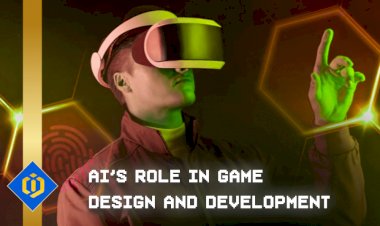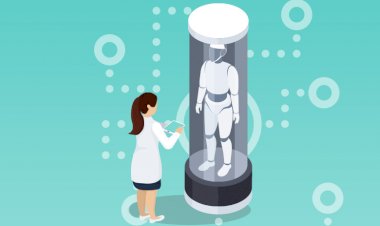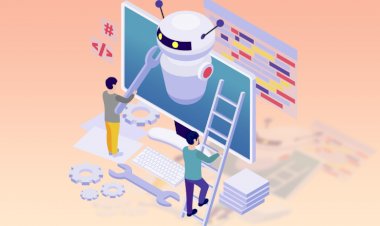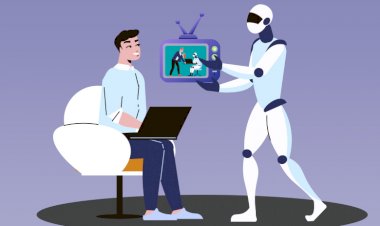How Will Artificial Intelligence Change the Workforce?
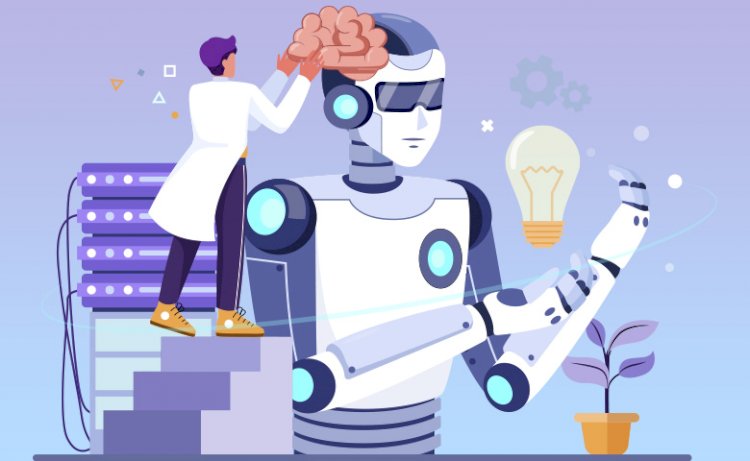
The development of artificial intelligence (AI) has caused significant changes in various industries, and the workplace is no exception. Artificial intelligence is changing the way we work, the skills we need and the way we interact with technology. This article takes a closer look at how artificial intelligence is changing the workplace and what the future of work might look like.
Increased Efficiency and Productivity
One of the most important ways artificial intelligence is changing the workplace is through increased efficiency and productivity. AI-enabled systems and tools can automate repetitive tasks and processes, freeing up workers' time to focus on more complex tasks. For example, chatbots can handle customer service inquiries, and machine learning algorithms can analyze large data sets to find insights that humans might not see.
AI can also improve the accuracy and speed of certain tasks, such as data entry or image recognition. This can help businesses save time and money and improve overall performance.
New roles and skills
As artificial intelligence evolves, it also creates new roles and requires new skills in the workplace. For example, data scientists and artificial intelligence experts are in high demand as companies look to use artificial intelligence to improve their operations.
In addition, workers may need to develop new skills to work with AI-based systems. For example, some roles may require an understanding of how to use machine learning algorithms or chatbots.
Better decision making
AI can also help organizations make more informed decisions. Machine learning algorithms can analyze vast amounts of data to identify patterns and insights that humans might miss. This can be particularly useful in industries such as healthcare, where AI can help identify patterns in patient data that may indicate potential health problems.
However, it is important to note that AI should be used to augment human decision-making, not completely replace it. Human judgment and critical thinking are still important and artificial intelligence should be used to support decision making.
More personalization
AI can also help companies tailor their products and services to individual customers. By analyzing customer data, AI-powered systems can provide personalized recommendations, such as product recommendations or personalized marketing messages.
It can improve customer satisfaction and loyalty and help businesses increase sales and turnover.
The Future of Work
As artificial intelligence evolves, the future of work will undoubtedly shape its impact. Some experts predict that artificial intelligence will lead to workplace displacement as machines automate more tasks that were previously performed by humans. Others, however, argue that AI will create new jobs and opportunities that we cannot yet imagine.
One thing is certain: the workforce of the future will require new skills and abilities, and companies that are ready to adopt artificial intelligence will be well positioned to succeed.
Conclusion
Artificial intelligence is changing the workplace in many ways, from increased efficiency and productivity to new roles and skills. As artificial intelligence advances, its impact will undoubtedly shape the future of work. Companies that are ready to embrace AI and adapt to its changing demands will be successful in the coming years.
By Pooyan Ghamari, a Swiss economist who is exploring the impact of AI

 content-team
content-team 




